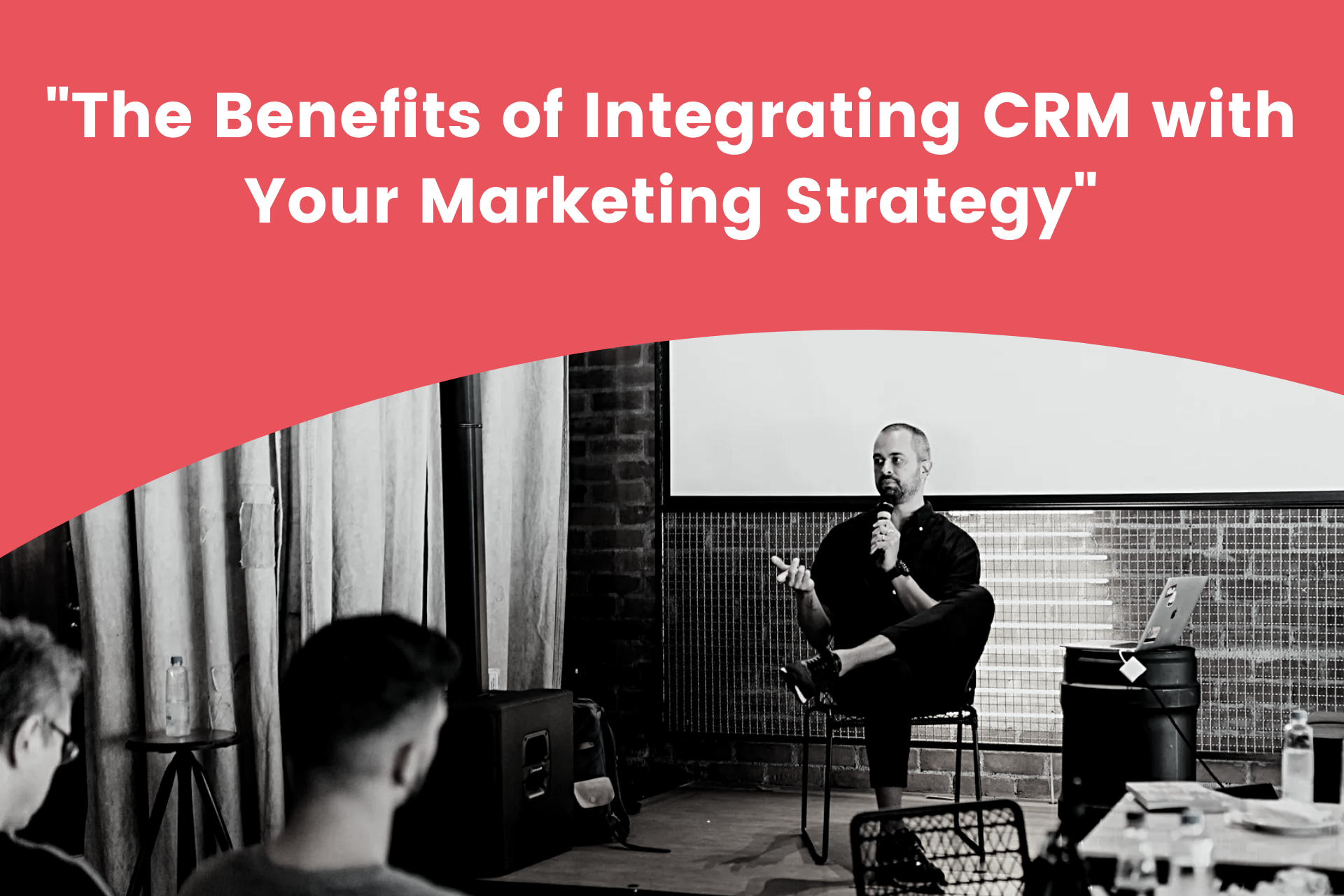Integrating Customer Relationship Management (CRM) systems with your marketing strategy can significantly enhance your ability to connect with your audience, optimize marketing efforts, and drive business growth. A well-integrated CRM system enables seamless data flow between marketing and sales, providing a unified approach to managing customer interactions and improving overall performance. Here’s a look at the key benefits of integrating CRM with your marketing strategy.
1. Enhanced Customer Insights and Segmentation
- Comprehensive Customer Profiles: Integration allows for the collection and analysis of extensive customer data, including purchase history, browsing behavior, and interaction history. This data helps create detailed customer profiles that inform targeted marketing efforts.
- Advanced Segmentation: With CRM data, businesses can segment their audience based on various criteria such as demographics, interests, and past behaviors. This segmentation allows for more personalized and relevant marketing campaigns.
2. Improved Marketing Campaign Effectiveness
- Targeted Campaigns: By leveraging CRM data, marketers can design campaigns that are tailored to specific segments of their audience, increasing the likelihood of engagement and conversion.
- Automated Campaigns: CRM systems often support marketing automation, enabling the creation of automated email campaigns, social media posts, and other marketing activities that are triggered based on customer actions or milestones.
3. Seamless Lead Management and Nurturing
- Lead Tracking and Scoring: Integration allows for better tracking and scoring of leads based on their interactions with marketing materials and communications. This helps in prioritizing high-quality leads and allocating resources more effectively.
- Lead Nurturing: CRM systems can automate lead nurturing processes by sending personalized content and follow-up messages based on lead behavior and engagement, guiding them through the sales funnel.
4. Enhanced Data Analysis and Reporting
- Unified Data Reporting: Combining CRM and marketing data provides a comprehensive view of campaign performance, customer behavior, and sales metrics. This unified reporting helps in analyzing the effectiveness of marketing strategies and identifying areas for improvement.
- Performance Metrics: Track key performance indicators (KPIs) such as customer acquisition cost, return on investment (ROI), and conversion rates. This data helps in making informed decisions and optimizing marketing efforts.
5. Better Alignment Between Marketing and Sales Teams
- Shared Data and Insights: Integration ensures that both marketing and sales teams have access to the same customer data and insights, fostering better alignment and collaboration between the two departments.
- Consistent Messaging: With access to CRM data, marketing and sales teams can maintain consistent messaging and branding throughout the customer journey, enhancing the overall customer experience.
6. Increased Customer Retention and Loyalty
- Personalized Communication: CRM integration enables personalized communication based on customer preferences, past interactions, and purchase history. Personalized interactions build stronger relationships and enhance customer loyalty.
- Customer Feedback and Engagement: Collect and analyze customer feedback through CRM to understand their needs and preferences. Use this information to refine marketing strategies and improve customer satisfaction.
7. Efficient Resource Allocation
- Optimized Marketing Spend: With CRM integration, businesses can track the effectiveness of various marketing channels and campaigns, allowing for better allocation of marketing budgets to high-performing activities.
- Resource Management: CRM data helps in identifying the most valuable customer segments and high-potential leads, enabling more efficient use of marketing resources and efforts. Good project management software will help you collaborate effectively and ensure that your projects are successful.
Conclusion: Unlocking the Full Potential of CRM and Marketing Integration
- Strategic Advantage: Integrating CRM with your marketing strategy provides a strategic advantage by leveraging data and automation to create more effective and personalized marketing efforts.
- Continuous Optimization: Regularly review and adjust your CRM and marketing integration to stay aligned with evolving business goals and customer expectations, ensuring ongoing success and growth.
By integrating CRM with your marketing strategy, businesses can enhance customer insights, improve campaign effectiveness, and foster better alignment between marketing and sales teams. This integration not only drives engagement and conversion but also builds stronger customer relationships, ultimately supporting long-term business success. |












